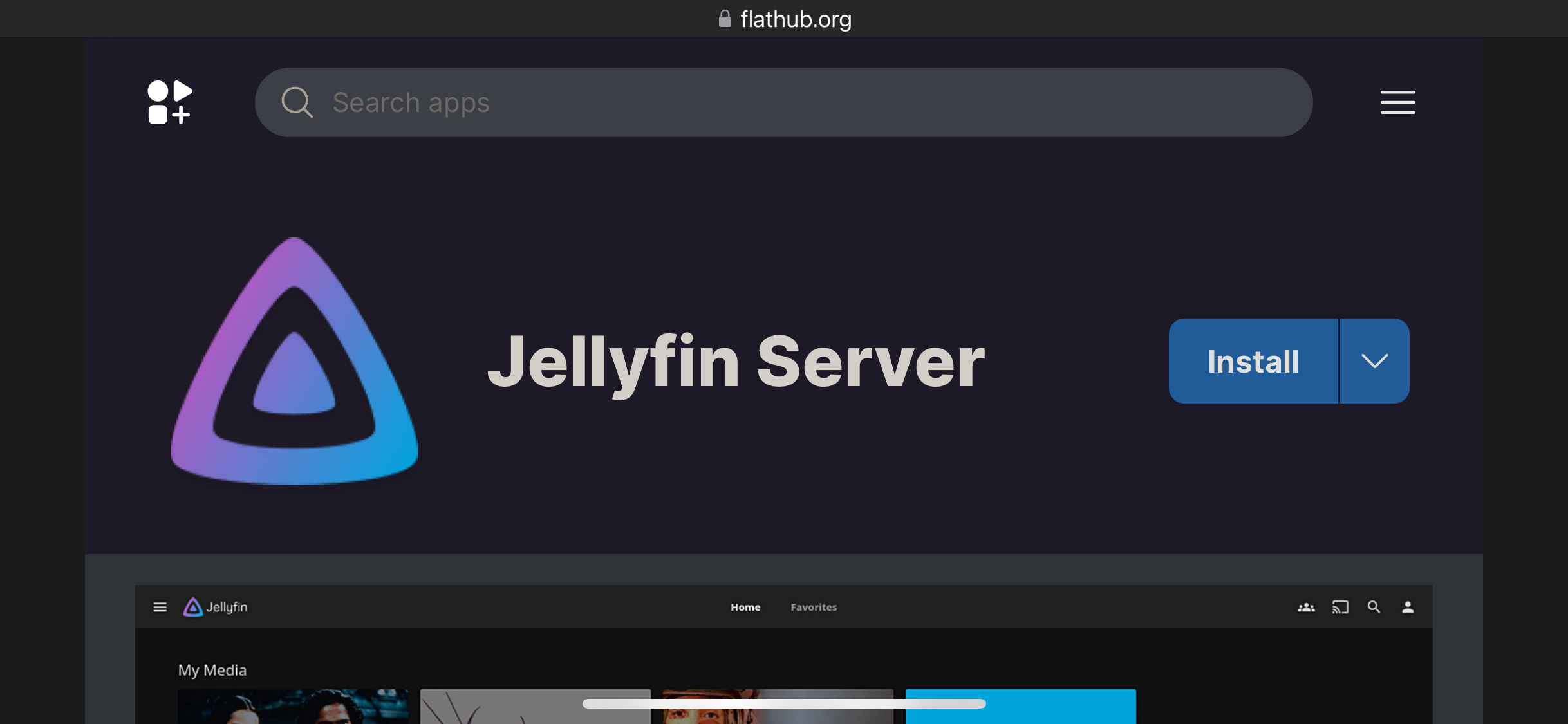Selfhosted
A place to share alternatives to popular online services that can be self-hosted without giving up privacy or locking you into a service you don't control.
Rules:
-
Be civil: we're here to support and learn from one another. Insults won't be tolerated. Flame wars are frowned upon.
-
No spam posting.
-
Posts have to be centered around self-hosting. There are other communities for discussing hardware or home computing. If it's not obvious why your post topic revolves around selfhosting, please include details to make it clear.
-
Don't duplicate the full text of your blog or github here. Just post the link for folks to click.
-
Submission headline should match the article title (don’t cherry-pick information from the title to fit your agenda).
-
No trolling.
Resources:
- selfh.st Newsletter and index of selfhosted software and apps
- awesome-selfhosted software
- awesome-sysadmin resources
- Self-Hosted Podcast from Jupiter Broadcasting
Any issues on the community? Report it using the report flag.
Questions? DM the mods!
view the rest of the comments

Isnt docker kind of virtualisation? Is it realy required for this? I would expect flatpak to have a way of autostarting software.. 🤔🤷♂️
Docker and Flatpack are both containerization technologies and work in similar ways under the hood. Docker is more geared towards running headless services that other systems access while flatpack is more geared towards desktop gui applications that are interacted with from the same system they run on.
Docker/podman are not virtualisation, they are containerisation. The system groups all the processes into a namespace and executes them on the same host/kernel as the base system. There is no overhead of virtualisation as its not creating virtual hardware or running a whole OS. Its more like the flatpak you're already running than a vm